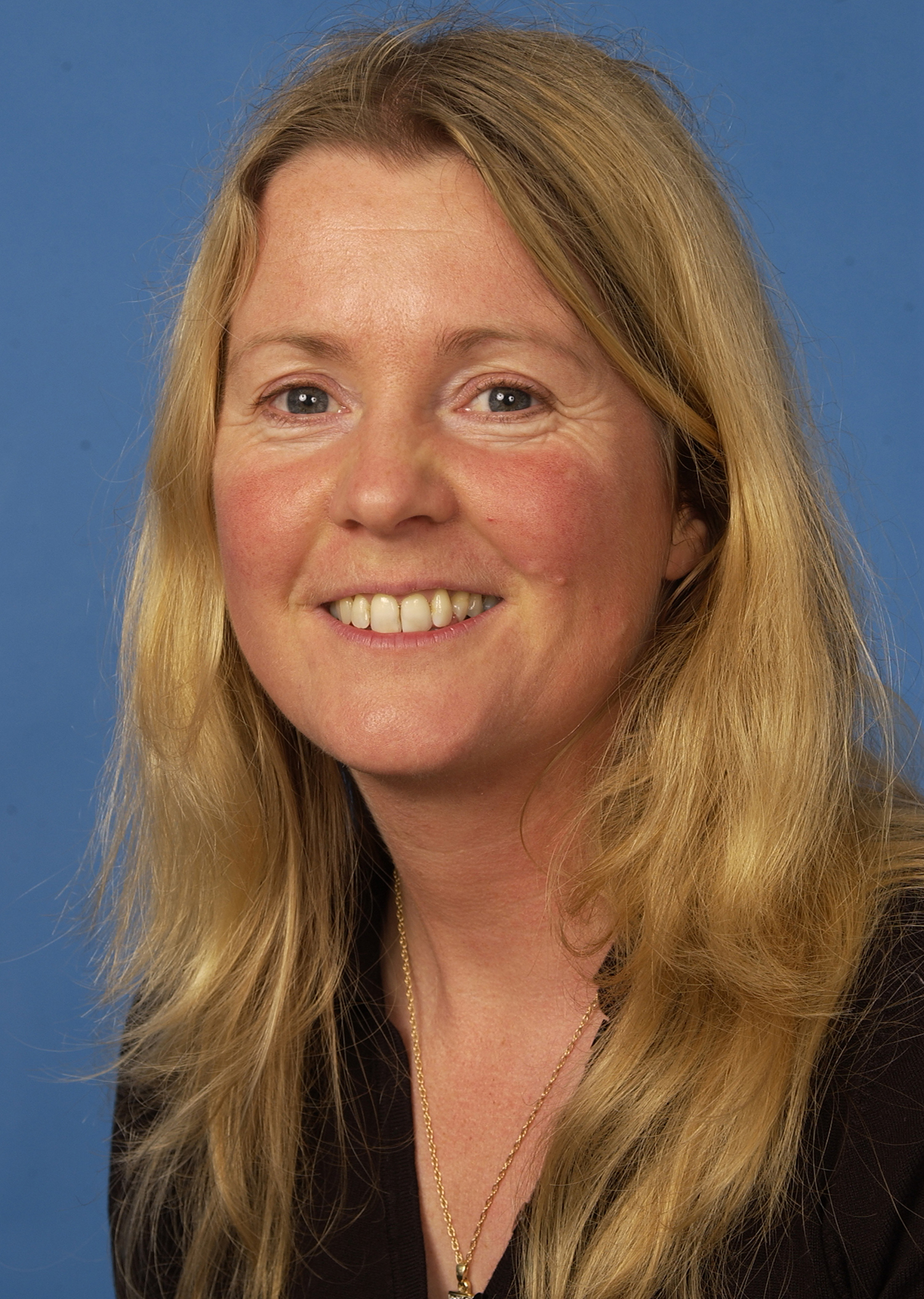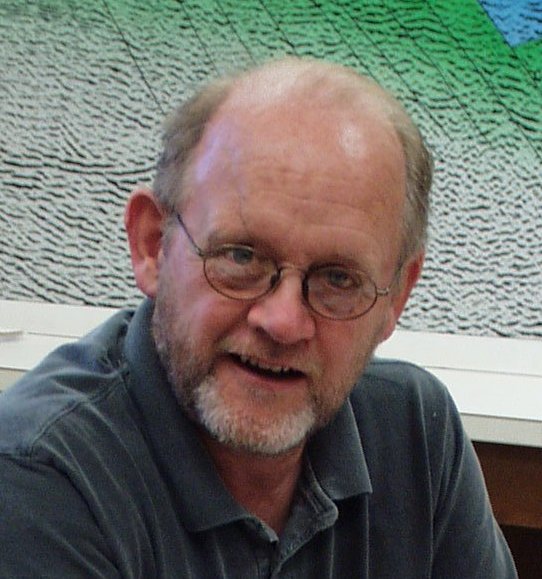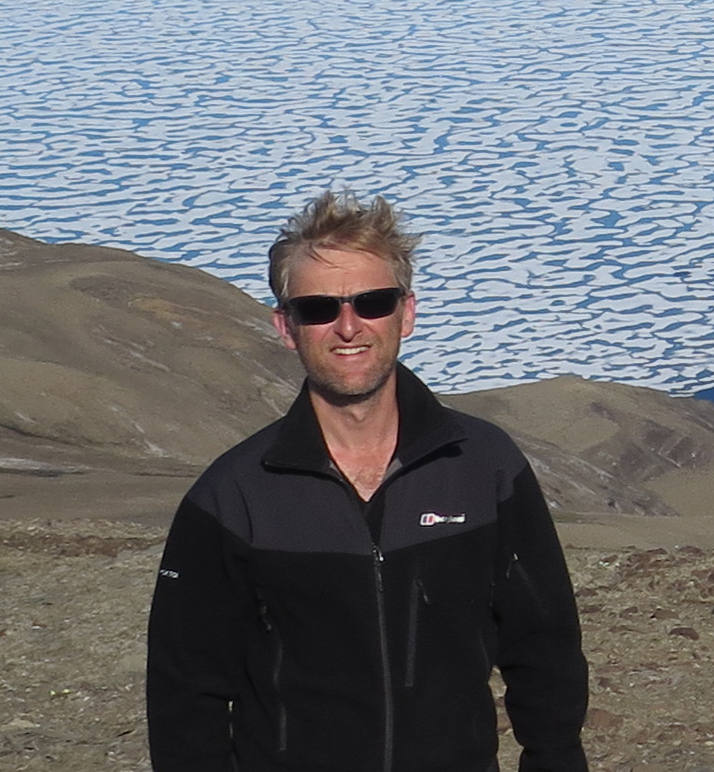Invited SpeakersInvited speakers - Plenary lecturesInvited Speakers have been asked to present a plenary lecture on a general topic represented in the sessions of the congress.
Rachel Wood
Keynote. WHAT HAS CONTROLLED CARBONATE MINERALOGY THROUGH GEOLOGICAL TIME ?
Rachel Wood has particularly interests in the evolution of carbonate systems through time, in response to biological evolution, mass extinction, and changing sea water chemistry. Her current research focuses on the rise of biomineralisation during the Ediacaran/Cambrian transition and the modelling of carbonate diagenesis. Ronald J Steel
Keynote. CHARACTERIZATION OF SHELF - MARGIN SEDIMENTARY PRISMS
The main focus of my research over the last 15 years or so, has been to gain an understanding of the time scales, clastic sediment delivery mechanisms, sediment budget partitioning and growth styles of shelves and deepwater shelf margins. I am also engaged in understanding relationships between sea-level change and tides, and in particular in developing models of tidal dunes and bars on deltas, estuaries and shelves. Paul WignallKeynote. THE PERMO-TRIASSIC MASS EXTINCTION AND ITS AFTERMATH: TO HELL AND BACK
Paul Wignall has a long standing interest in mass extinctions, the environmental changes associated with them and the large igneous provinces with which they coincide. He has particularly focused on the Permo-Triassic crisis and has visited many boundary sections around the world. Allied to these research interests, Wignall also studies anoxic events and the proxies used for their recognition, and the role of high temperatures in ancient crises. |
| Online user: 1 | RSS Feed |

|





